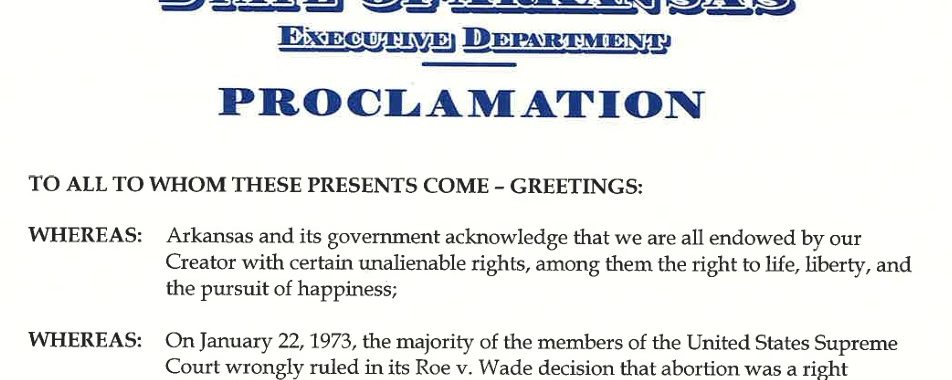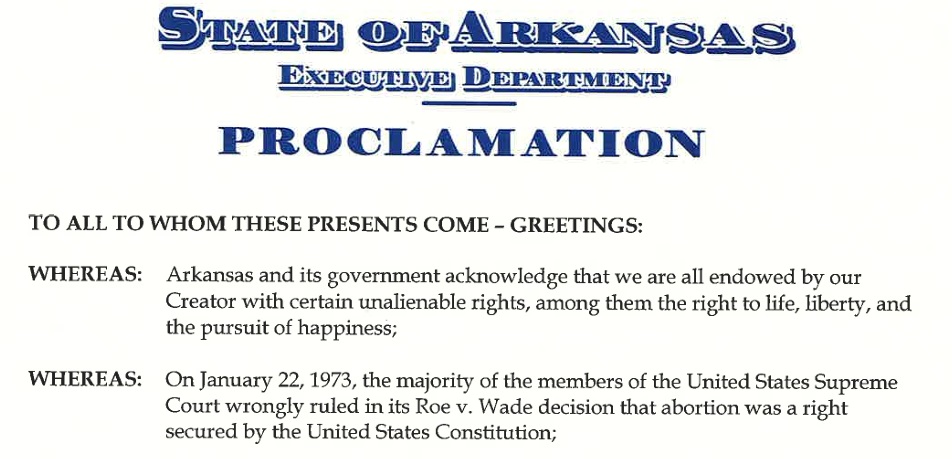Are Sports Betting Ads “All In” on Addiction?

Nationwide, sports betting is now legal in 39 states — including Arkansas, where people, on average, wager more than a million dollars on sports every day.
As states have legalized sports betting, some gambling companies have actually produced advertisements that seem to promote compulsive gambling and other problem-gambling behavior.
For example, last year FanDuel released one commercial that showed people so focused on sports betting that they ignored everyone else around them.
Another ad promoted taking advantage of every opportunity to gamble.
This year, FanDuel has aired commercials encouraging people to gamble on “surprising” hunches — including powerful hunches that strike between football plays.
The ads may seem silly, but gamblers who ignore loved ones, wager nonstop, or place bets “on a hunch” quite possibly suffer from a gambling problem.
So why would a sports book showcase this type of behavior in its advertising?
As sports betting has become easier, millions of people are now in danger of being harmed by it.
Studies indicate people who gamble on sports may be twice as likely to suffer from gambling problems.
Young men are particularly hurt by sports gambling. Twenty-year-old males account for approximately 40% of calls to gambling addiction hotlines, and upwards of 20 million men are in debt or have been in debt as a result of sports betting.
And research now shows that the legalization of sports betting may be linked to serious financial problems in America — such as credit card debt, overdrafts, late payments on loans, lower credit scores, and higher bankruptcy rates.
Last year the Arkansas Problem Gambling Council reported an increase in calls for help with problem gambling largely driven by sports betting.
Sports betting is out of control and ruining lives. Tax revenue from casinos and sports betting has not improved Arkansas’ roads or boosted the economy. As powerful corporations try to make gambling part of everyday life, it’s important for Arkansas to protect citizens and families from predatory gambling. Otherwise gambling addiction will simply continue wrecking lives and hurting families in our state.
Articles appearing on this website are written with the aid of Family Council’s researchers and writers.





